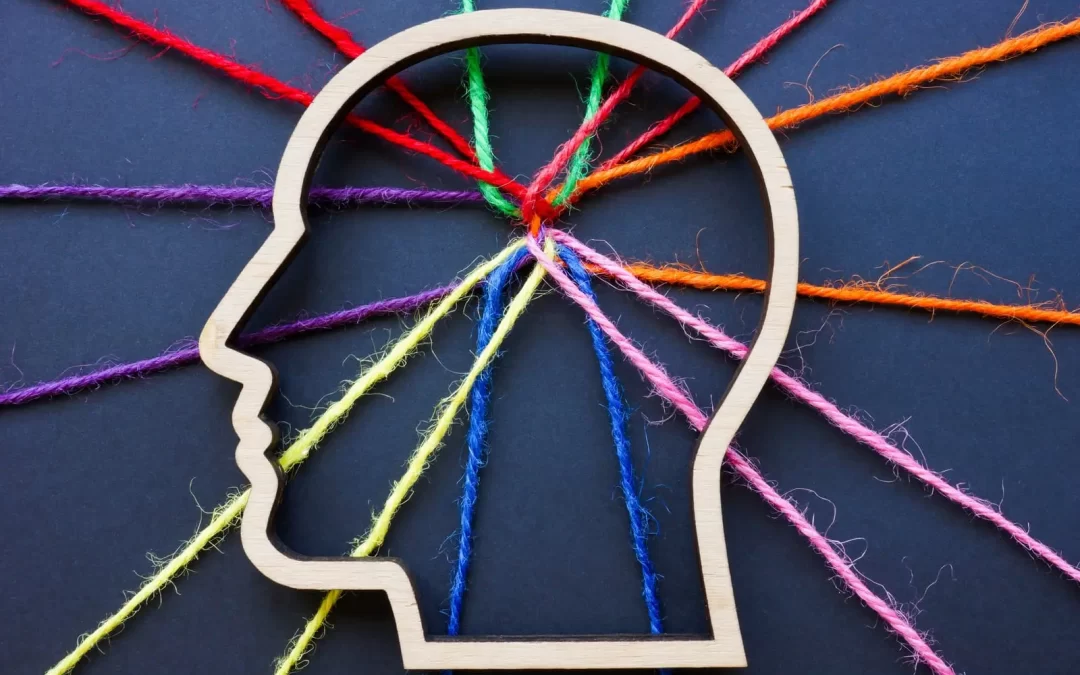Understanding Autism
Autism (or as it is diagnostically referred to Autism Spectrum Disorder) is a type of neurodivergence. Neurodivergence is a way of saying the structure of someone’s brain (neuro) is different (divergent) to what we would generally expect. This can result in a range of different experiences, however, for autism it can include differences in communication and social interactions, sensory sensitivities, and interests.
Communication
Autistic individuals can find figurative speech like metaphors and analogies difficult to understand. Using clear and concise language can reduce the amount of effort required for them to navigate social interactions. Giving an autistic person extra time when asking them a question or where you might expect a response can help them navigate social interactions more positively. By being patient and listening you reduce the risk of making assumptions about their feelings which might be different from what you expect. You might also consider alternative communication methods such as written text or visual aids if the autistic individual finds verbal communication challenging.
Respecting sensory needs
Sensory sensitivities are often different for autistic persons and so it is important to ensure any accommodations you make are helpful to the person rather than making general changes. Some autistic individuals find bright or florescent lights overwhelming, while others can seek out light as a way to feel calm. Similarly, others can find background or repetitive noises frustrating, while others can find it soothing. By being mindful of an autistic individuals sensory sensitivities you can help make their environment more friendly for them.
Providing emotional support
Often autistic people have been made to feel like their experiences are challenges which they have to deal with alone. By validating their experiences and emotions without judgement you can assist them with feeling understood. Avoiding compelling them to engage in social activities and providing reassurances of understanding can help them feel connected without becoming overwhelmed. By being consistent and reliable you can be a reassuring person for them.
Encouraging interest and strengths
Neurodivergence can provide an opportunity to engage with someone who sees the world from a different perspective. By recognising this unique insight you can encourage their strengths, talents, and passions. By engaging with them about their preferred interests can be a source of comfort and confidence for them. Repetitive behaviours, sometimes called ‘stimming’, can be used by autistic individuals to help self-sooth. You can support them by avoiding discouraging or drawing attention to these behaviours unless they are harmful.
Practical supports
There are some practical everyday approaches which can assist with supporting autistic individuals.
- Offer clear schedules and predictable routines to reduce anxiety
- Be flexible and adaptable to their needs
- Respect their personal boundaries and preferences
- Be kind but direct when addressing concerns
Being an advocate
Speaking out against offensive speech or discrimination can help support all autistic people. You can help by facilitating and supporting accommodations in schools, workplaces, and social settings. By educating yourself you can inform others to work towards a more inclusive society.

